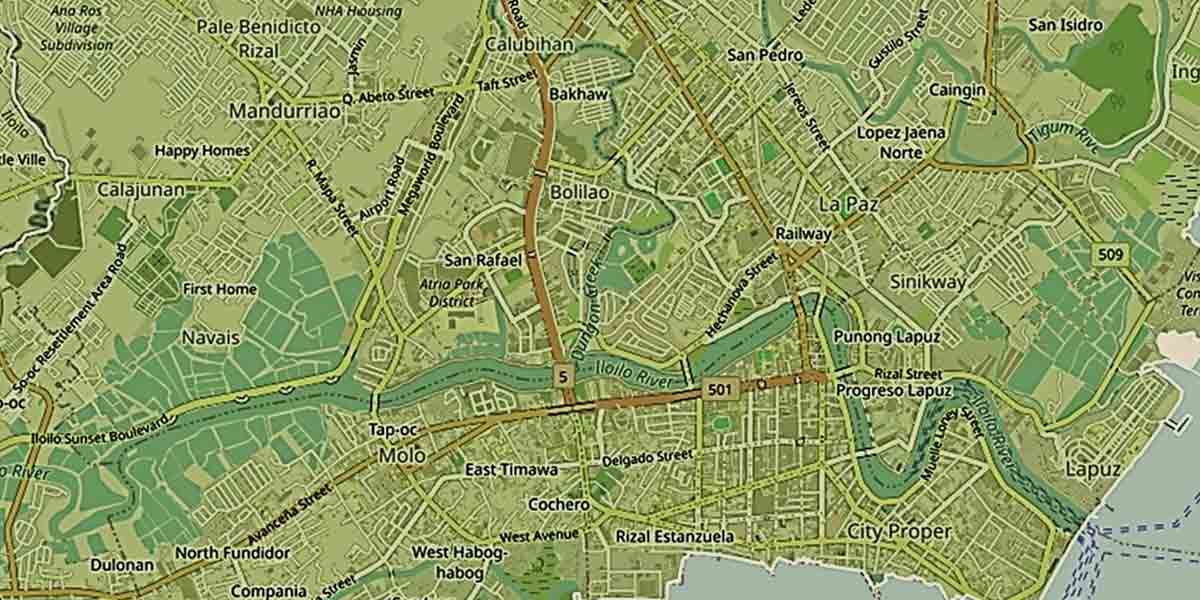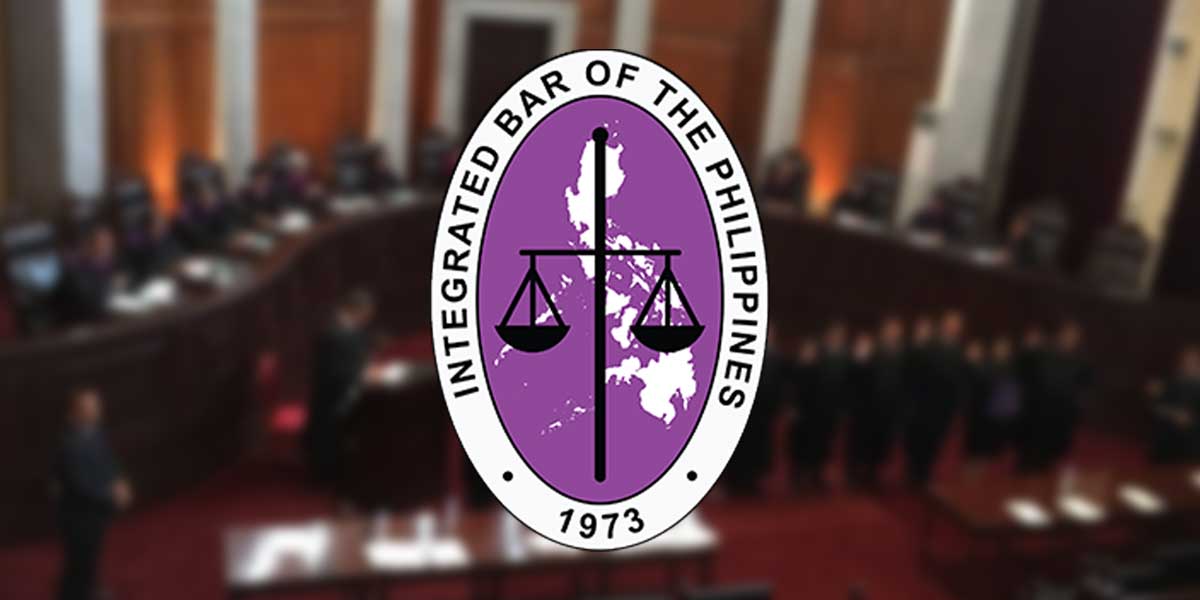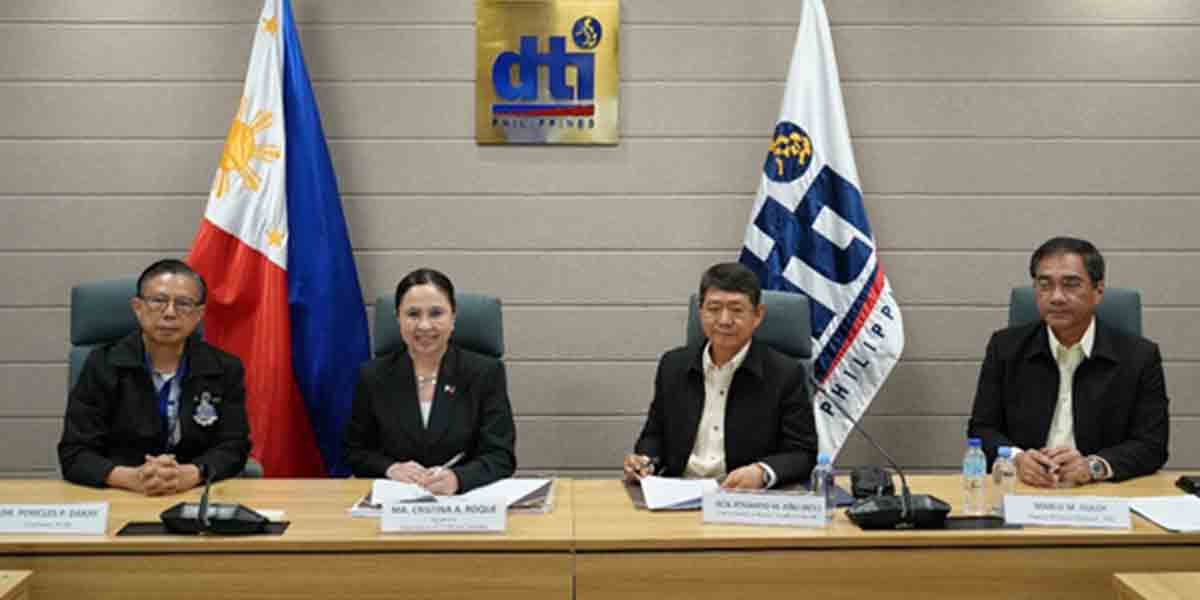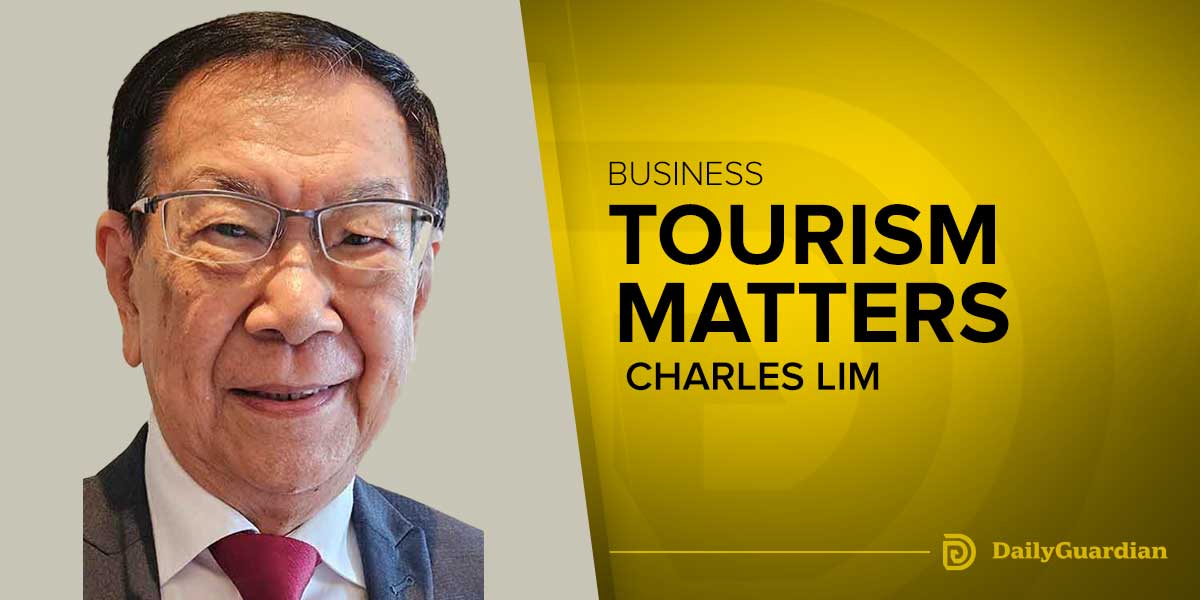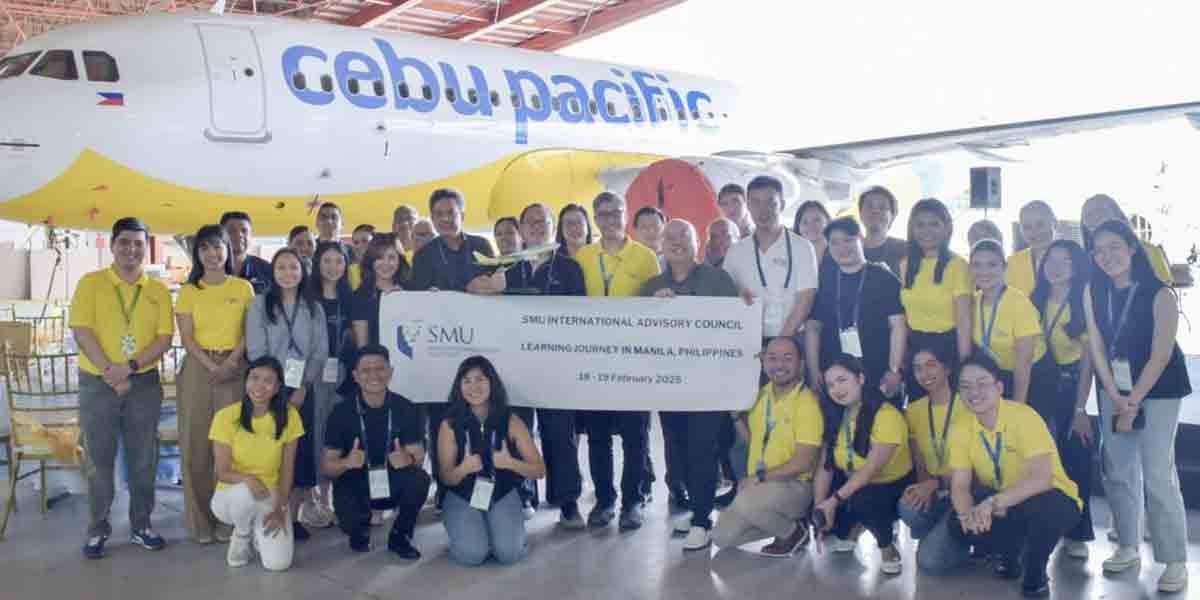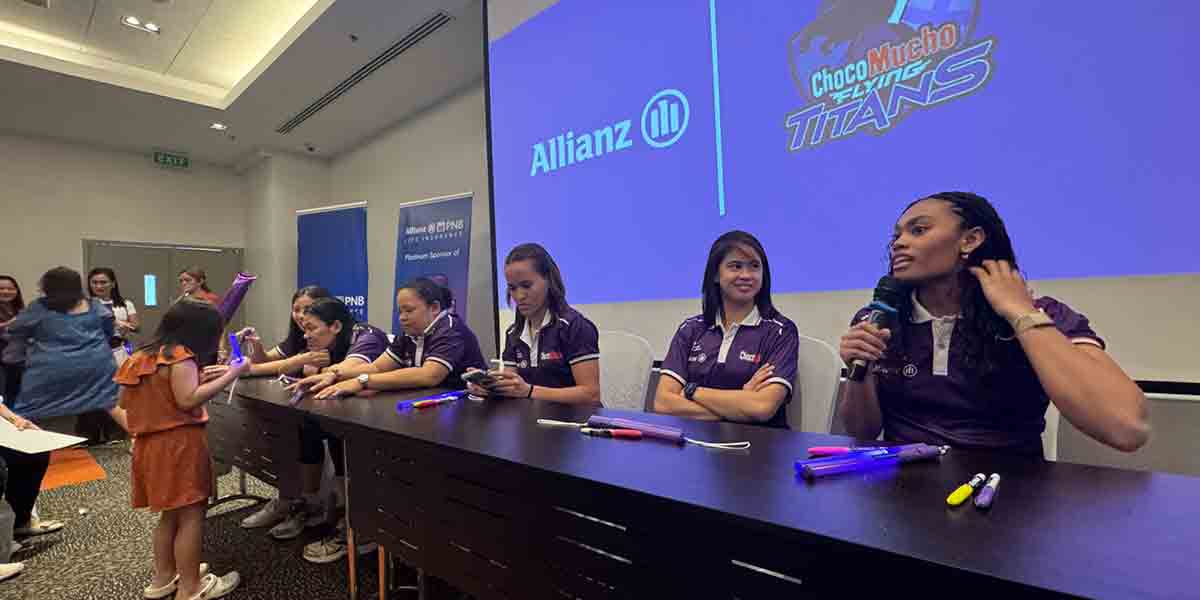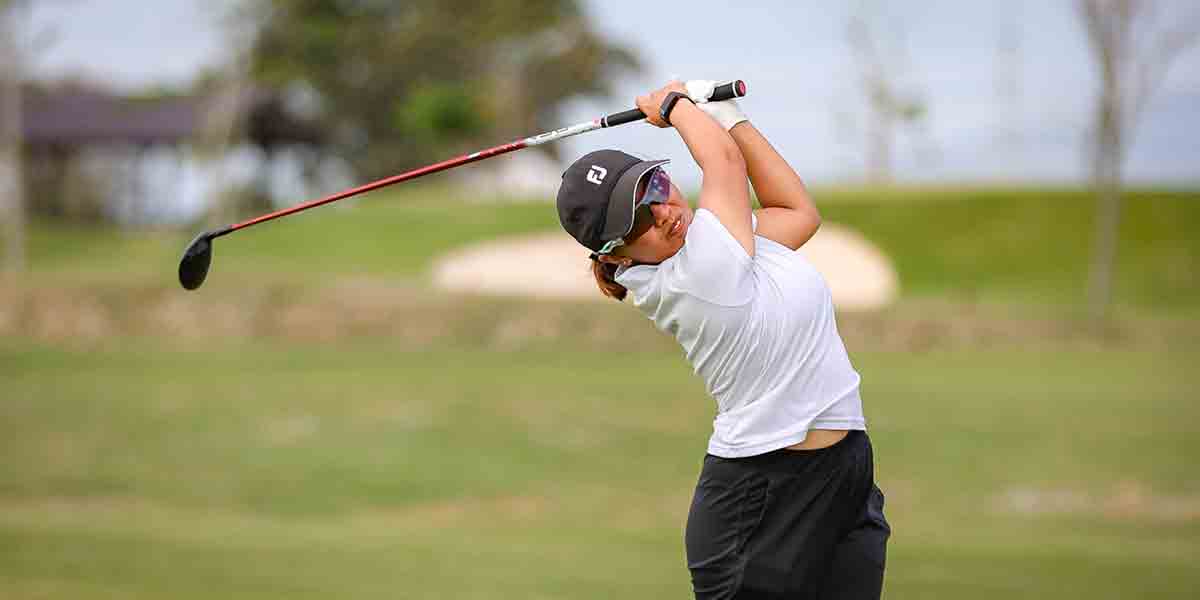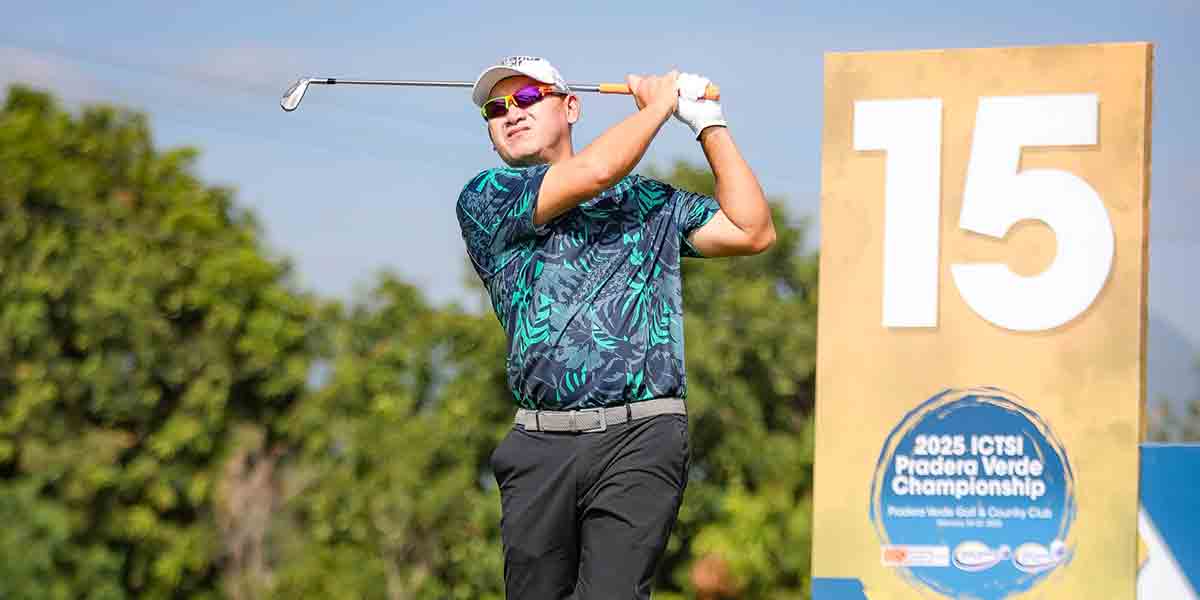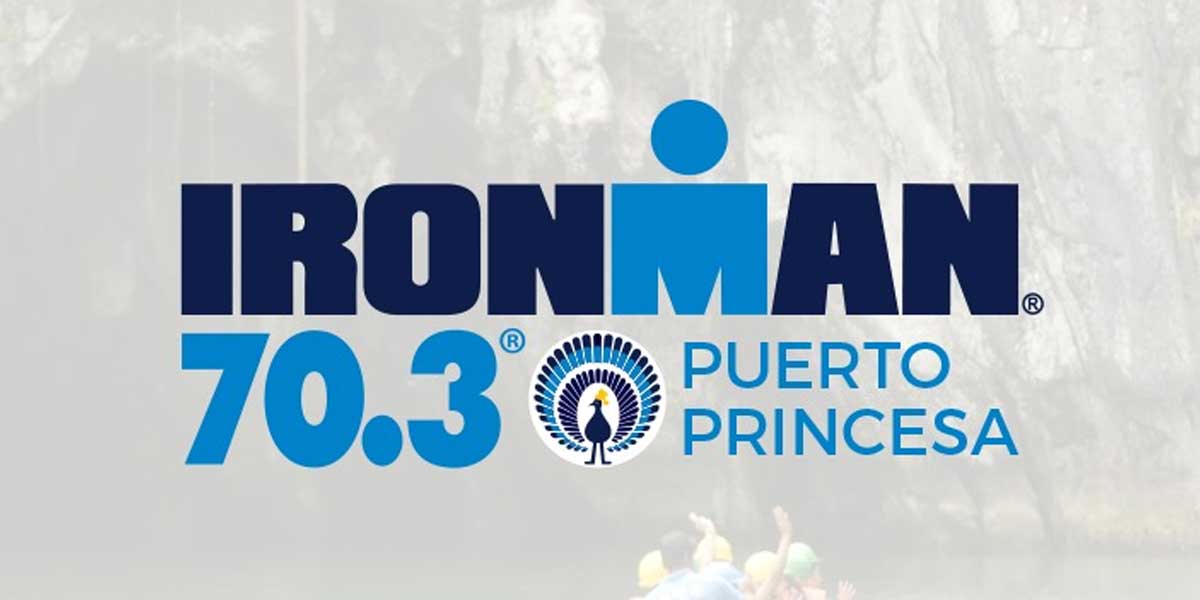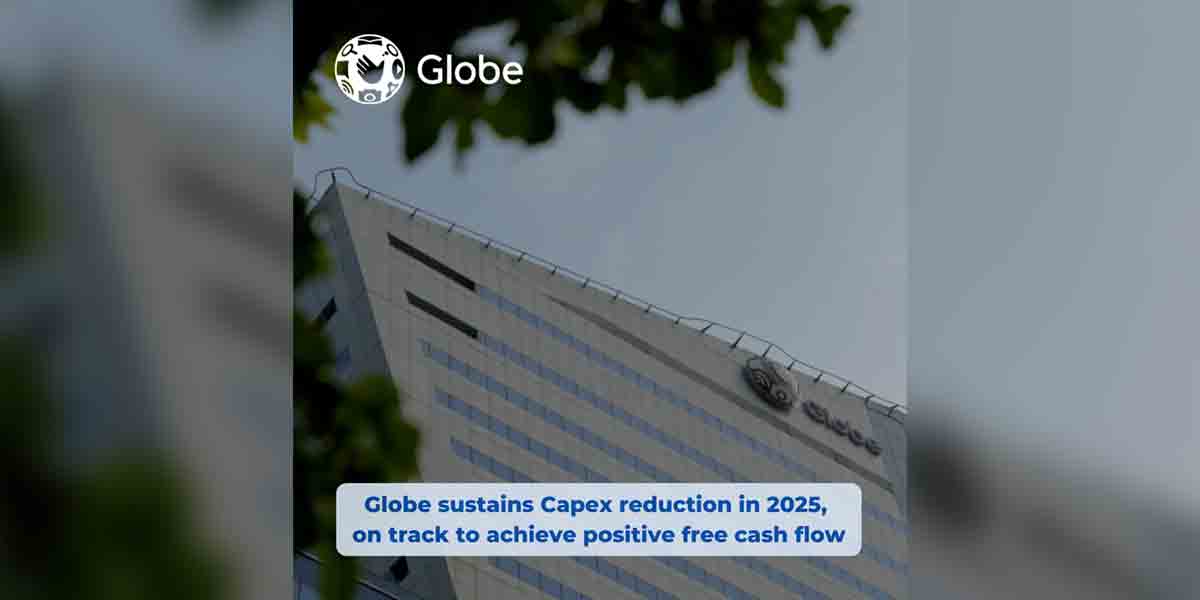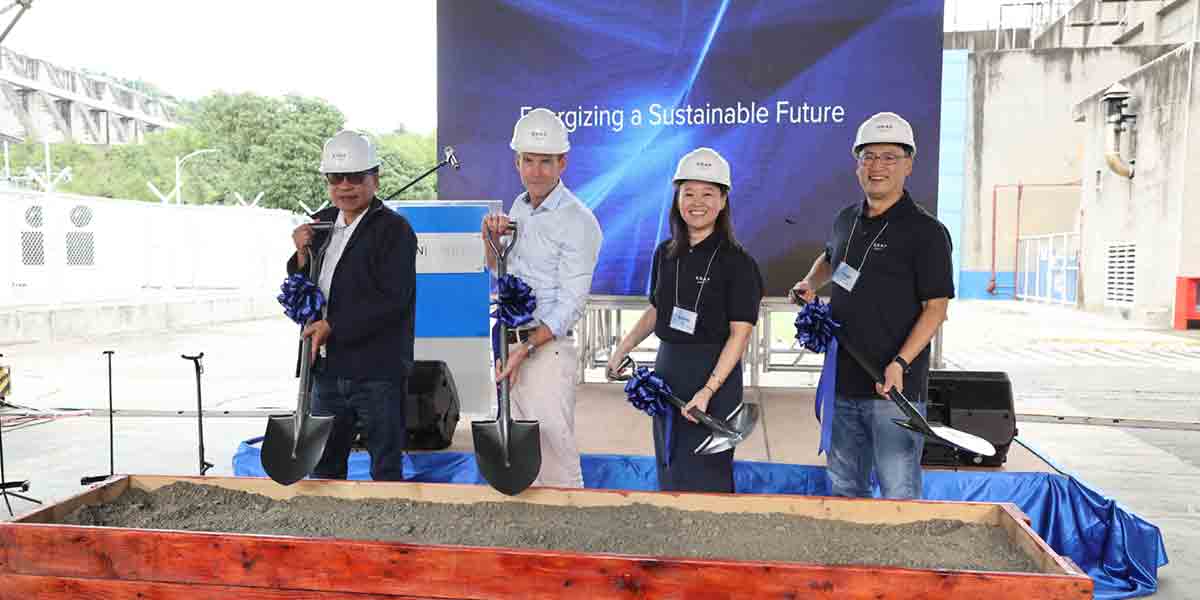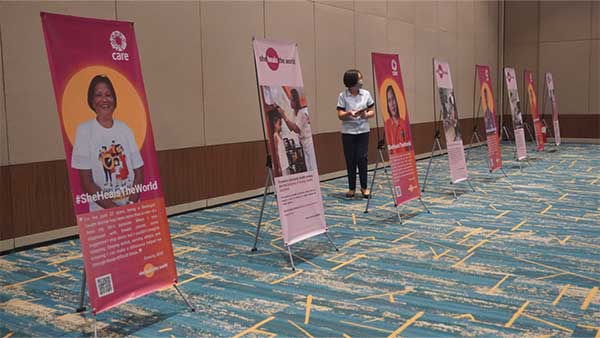
CARE Philippines, in collaboration with the Department of Health (DOH), launched the She Heals the World (SHTW) initiative on October 16 at the Park Inn Hotel, North EDSA. The initiative focuses on strengthening primary health care by empowering barangay health workers (BHWs).
Various stakeholders from the government, international and local NGOs, and health workers gathered to discuss ways to support BHWs and improve healthcare services in the country.
The She Heals the World initiative aims to ensure that by 2030, over 1 million female frontline community health workers (FCHWs) worldwide, including BHWs, are trained, equipped, and fairly compensated to provide lifesaving services. These health workers play a crucial role in delivering healthcare to vulnerable populations, including adolescent girls, pregnant women, and those in remote areas.
In the Philippines, there are 253,535 BHWs, 99% of whom are women. These workers are vital in ensuring healthcare reaches even the most isolated communities.
Johanna S. Banzon, Director IV of the DOH’s Health Human Resource Development Bureau (HHRDB), emphasized that despite their essential role, BHWs face significant challenges. These include heavy workloads, inadequate compensation, limited training, and scarce opportunities for career advancement. Many also juggle household responsibilities and, in some cases, face gender-based violence.
“The DOH supports the She Heals the World initiative in its vision to train, equip, and properly compensate female frontline community health workers. A resilient and equitable health system must prioritize empowering its frontliners,” Banzon said.
The DOH is advocating for legislative reforms, such as the Magna Carta for Barangay Health Workers, to acknowledge BHW contributions and improve their benefits. These reforms aim to ensure BHWs are fully recognized and integrated into the national healthcare system.
Marielle Hart, CARE’s Global Policy Director for Health Equity and Rights, highlighted that investing in frontline community health workers is critical for improving primary health care.
“This must be a cornerstone of any policy agenda aimed at strengthening primary health care systems. It is vital for delivering lifesaving services and advancing health equity, especially for women and girls who face gaps in care,” Hart said.
As part of the She Heals the World initiative, CARE is implementing the HEAL Hub project, which provides digital tools to improve the training and effectiveness of 1,500 BHWs in Quezon province.
For more information on the She Heals the World initiative, visit care.org/sheheals.


